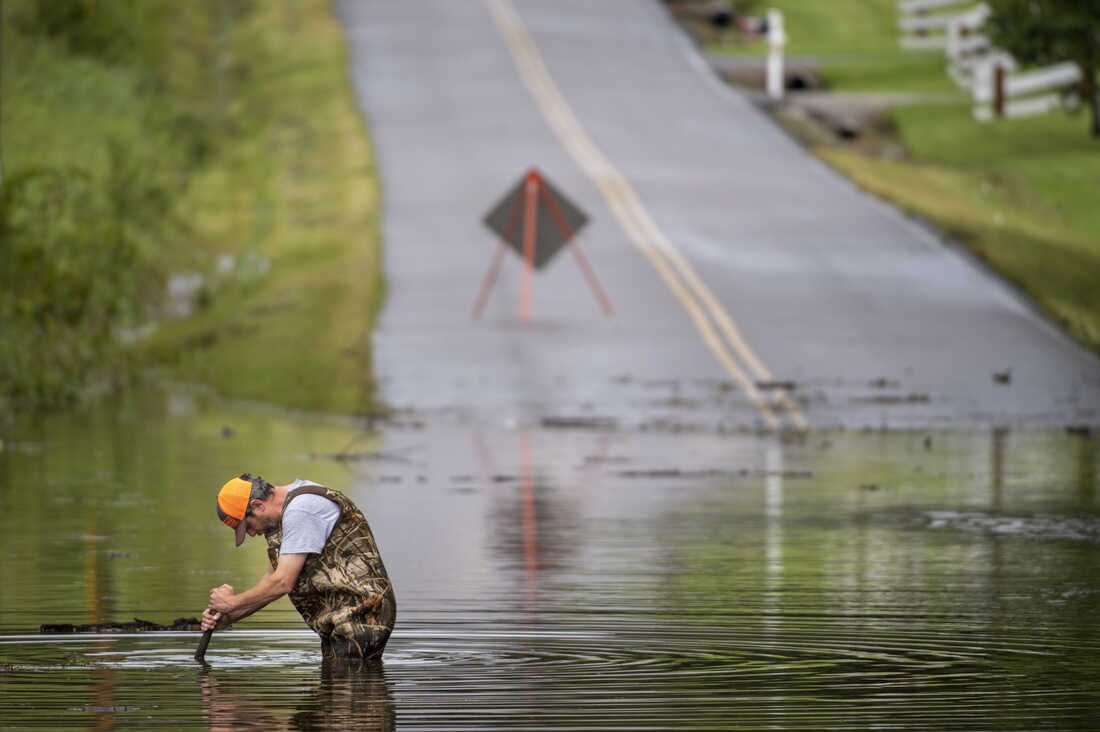Since Sunday, Aug. 22, search-and-rescue teams have been working in Tennessee to help people recover from a flash flood. The flood, which occurred on Saturday, Aug. 21, killed 22 people and left an unknown number missing.
“A FLASH FLOOD WARNING is in effect for this area. Do not attempt to travel unless you are fleeing an area subject to flooding or under an evacuation order,” said the warning message according to the New York Times.
Kansas Klein, a business owner affected by the flooding, told The Associated Press about the destruction.
“It was devastating,” Klein said. “Buildings were knocked down, half of them were destroyed. People were pulling out bodies of people who had drowned and didn’t make it out.”
Much of the rescue efforts have focused not on saving people, who have by this point mostly been saved, but on saving the community. These destroyed buildings, churches and homes will take years to rebuild. Rescue teams have focused on saving people’s possessions where they can, and Apex Bank donated $2500 to funeral expenses for every victim. Tennessee Emergency Management Director, Patrick Sheehan, commented on these efforts.
“I would expect, given the number of fatalities, that we’re going to see mostly recovery efforts at this point rather than rescue efforts,” Sheehan said.
The flooding on Saturday was due to “a blocking pattern in the atmosphere with high pressure centered over Texas and low pressure over the mid-Atlantic,” AccuWeather Senior Meteorologist, Tom Kines, said.
Meteorologist Krissy Hurley expressed shock at the unprecedented force of the flooding.
“Forecasting almost a record is something we don’t do very often,” Hurley said. “Double the amount we’ve ever seen was almost unfathomable.”
However, according to the NPR, the flooding was not so unpredictable considering the state of the Tennessee climate.
“Flash flooding — when water rises very quickly and flows with enormous speed and power — is getting more common in many places as Earth heats up,” NPR reporter Rebecca Hersher said.
Hersher also cites other recent cases of devastating global flooding, like the floods in summer 2021 in Germany and Belgium as well as in central China and western India.
“The floods in Tennessee aren’t freak accidents,” Hersher said. “They’re a new reality.”
Hersher also said that flash floods are not just occurring on the coast anymore, and about a quarter million residents in landlocked Tennessee live in danger of flooding.Brianna Hicks, a freshman from Missouri, said she has experienced dangerous flash flooding and freezing, including a flood from 2011.
“I live right next to the Mississippi River,” Hicks said. “…we have an observation deck and a little measuring stick. And the water was like right underneath the observation deck. It was kinda scary. We did have to evacuate because it was flooding.”
Hicks said an ice storm in 2009 caused an even scarier situation during which her family used a kerosene generator during a multi-day power outage.
Hilda Baroud, professor of civil and environmental engineering at Vanderbilt University in Nashville, specializes in resilience and commented on changing weather patterns.
“These extreme weather events will become more intense and more frequent,” Baroud said. “We need to be more proactive, and think about ways to prevent or at least mitigate the impact of these events.”












Be First to Comment